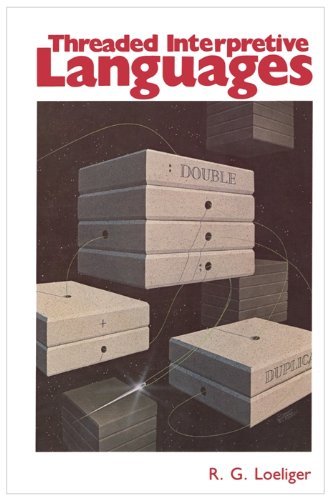I think Forth is still useful for embedded systems, often even more so than C, especially given that it can go places that C can't. I would personally choose it for my own embedded projects, but the paradigm is sufficiently different that I would worry about finding other people who have the mental capability to write Forth that doesn't immediately devolve into something unmaintainable, or who even want to learn it in the first place. I still write little scripts with GForth sometimes too, but it's not nearly as productive as just writing some Perl or Python. If you're interested in playing with a slightly more modern concatenative language, Factor is a good choice.
I'd actually love an annotation for Python that ran it under the null-collector. Lots of times in short run or steady state programs one doesn't generate any garbage and the constant GC or ref count over head could done away with.
Did you look @ the Bob language? It was the spiritual seed for Java by David Betz http://www.xlisp.org/
https://www.google.com/search?tbm=pts&hl=en&q=dr+dobbs+betz
I really like http://www.amazon.com/Threaded-Interpretive-Languages-Design...
and
Start here:
http://www.amazon.com/Threaded-Interpretive-Languages-Design...


[0] https://en.m.wikipedia.org/wiki/Threaded_code
[1] https://www.amazon.com/Threaded-Interpretive-Languages-Desig...